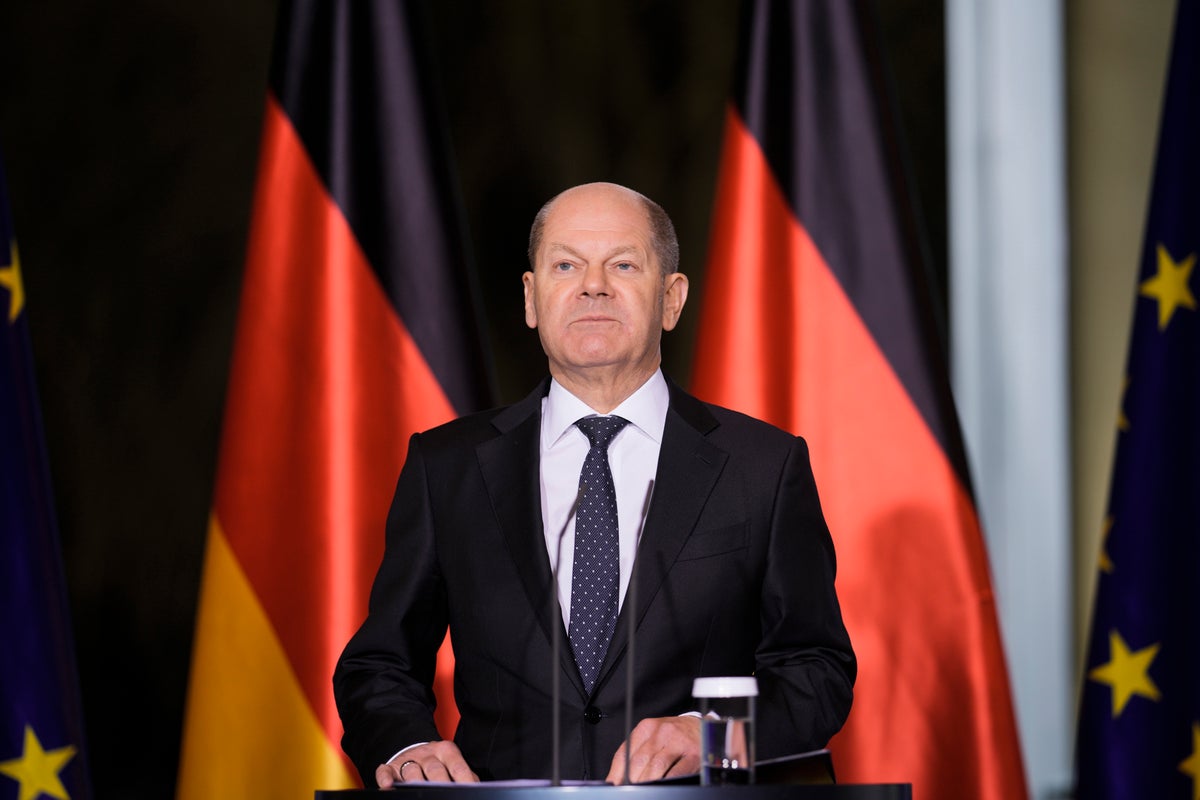
The Group of Seven leading economies have created an open, international climate club for countries that want to cooperate in the fight against global warming, German Chancellor Olaf Scholz said Monday after a video conference with other G-7 leaders.
Germany holds the presidency of the G-7 until the end of the year and then passes it on to Japan.
Scholz said the new forum group “is not intended to be a G-7 initiative; rather, it is to be a global undertaking.”
"With the climate club and the socially just transition of our industries toward climate neutrality, we are making an important contribution to achieving global climate targets," the chancellor said.
The climate club aims to support the rapid and ambitious implementation of the Paris Agreement, which seeks to limit global warming to 1.5 degrees Celsius ((2.7 degrees Fahrenheit), according to the German government. Monday was the seventh anniversary of accord's adoption.
The club will work to help accelerate the industrial transition to cleaner forms of energy and to further develop emission-reduction measures, the German government said.
Committed developing and emerging countries that join the club are to receive support to push ahead with the transformation of their industries.
Scholz told reporters in Berlin that the Organization for Economic Co-operation and Development and the International Energy Agency would establish a "climate change secretariat” now that the forum is launched.
New figures published Monday show Germany itself was slow to ramp up renewable energy production this year.
While the country increased its solar capacity by 10% in 2022, the amount of additional wind power capacity it installed on land and at sea was only about 3%.
The government aims to increase offshore wind power capacity from about 8 gigawatts to 20 gigawatts by 2030, but this year only 0.2 gigawatts of new capacity were added.







